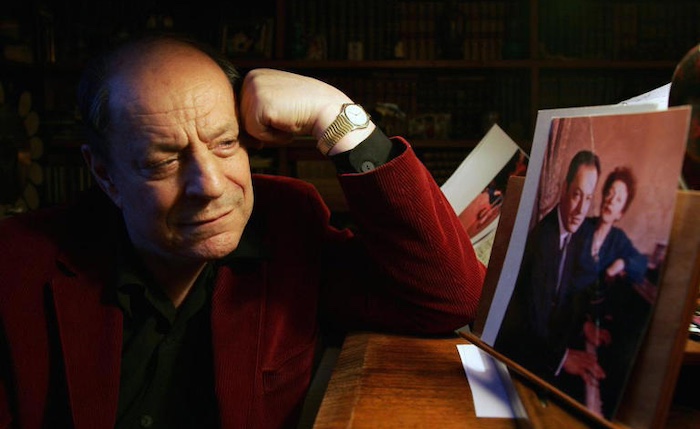Charles Dumont: The Musical Genius Behind “Non, Je Ne Regrette Rien”
Charles Dumont, the French singer-songwriter and composer of Edith Piaf’s iconic ballad “Non, Je Ne Regrette Rien,” has passed away at the age of 95. His remarkable contributions to music left an indelible mark on both French and international audiences. Dumont’s story is one of resilience, creativity, and an enduring love for art.
The Birth of an Iconic Song
At just 27 years old, Charles Dumont composed “Non, Je Ne Regrette Rien” in 1956. Despite his youth and ambition, it took him four years to present the song to Edith Piaf, a powerhouse in French music at the time.
Encouraged by lyricist Michel Vaucaire, Dumont finally approached Piaf in 1960. Her initial hesitation turned into fervent enthusiasm once she heard him play the song on her piano.
The partnership between Dumont and Piaf transformed this melody into a cultural phenomenon. The song’s powerful message of resilience and living without regret resonated deeply, becoming one of Piaf’s most celebrated works.
It dominated charts across France, Belgium, the Netherlands, and Canada, and cemented Dumont’s place in musical history.
A Song That Crossed Borders
Beyond its French roots, “Non, Je Ne Regrette Rien” achieved global recognition. In 1993, Britain’s then-Chancellor, Norman Lamont, referenced the song during a press conference to address economic difficulties.
His statement, “Je ne regrette rien,” added a layer of political and cultural significance, sparking debate and interest worldwide.
The song’s universal appeal ensured its place in popular culture, with countless renditions and adaptations by artists across genres and languages. It became a symbol of resilience, perfectly encapsulating the spirit of moving forward without looking back.
Charles Dumont’s Collaborations and Legacy
Edith Piaf was not the only artist to benefit from Dumont’s talent. He composed for renowned performers like Jacques Brel, Juliette Gréco, and even international stars such as Barbra Streisand. Dumont’s compositions stood out for their emotional depth, melodic richness, and timeless appeal.
- Over 30 songs composed for Edith Piaf
- Collaborations with Jacques Brel and Juliette Gréco
- Hits sung by Barbra Streisand
After Piaf’s death in 1963, Dumont carved out his own successful solo career in the 1970s. His performances and recordings showcased his versatility as an artist, ensuring his relevance for decades.
A Partnership That Defined a Generation
Edith Piaf’s tragic yet inspiring life story made her a muse for many, but it was her collaboration with Charles Dumont that defined some of her most poignant moments.
Songs like “La Vie en Rose,” “Milord,” and “La Foule” might have introduced the world to Piaf, but Dumont’s compositions added a distinct depth to her legacy.
The bond they shared was more than professional—it was a meeting of kindred spirits, united by their shared passion for music. Dumont’s recounting of their journey in a 2018 AFP interview revealed the profound impact Piaf had on his career and life.
The Enduring Impact of Charles Dumont
Charles Dumont’s legacy as a composer and performer remains etched in the annals of music history. His compositions transcended borders, languages, and generations, continuing to inspire and move audiences worldwide.
Through songs like “Non, Je Ne Regrette Rien,” Dumont taught us to embrace life’s challenges with strength and grace.
His death marks the end of an era, but his music will live on, reminding us of the power of resilience and the beauty of artistic collaboration.
Charles Dumont’s story is a testament to the enduring influence of creative expression, and his contributions will forever hold a special place in the world of music.



